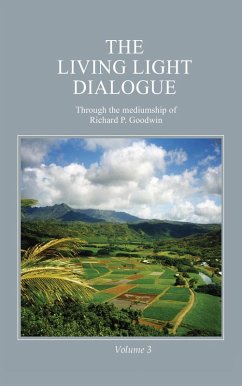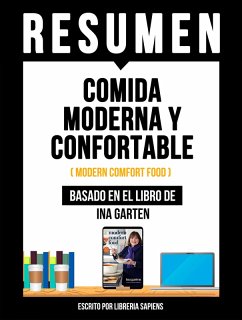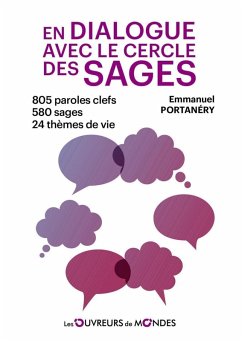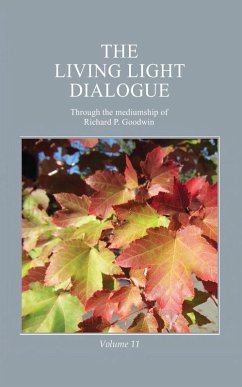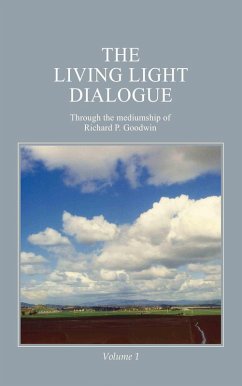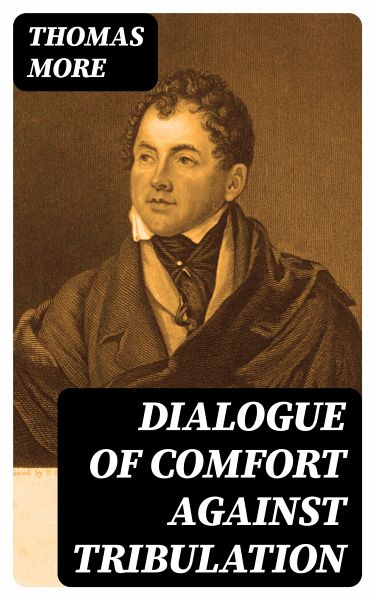
Dialogue of Comfort Against Tribulation (eBook, ePUB)

PAYBACK Punkte
0 °P sammeln!
In "Dialogue of Comfort Against Tribulation," Thomas More employs a conversational format that juxtaposes philosophical inquiry with personal reflection, crafting a profound exploration of faith and resilience amidst adversity. Written during a period of personal turmoil, including incarceration, More's text stands as a testament to the enduring power of dialogue in reconciling pain with spiritual solace. Drawing from Christian principles, he weaves a rich tapestry of theological discourse and human emotion, inviting readers to confront their own tribulations with courage and hope. His eloquen...
In "Dialogue of Comfort Against Tribulation," Thomas More employs a conversational format that juxtaposes philosophical inquiry with personal reflection, crafting a profound exploration of faith and resilience amidst adversity. Written during a period of personal turmoil, including incarceration, More's text stands as a testament to the enduring power of dialogue in reconciling pain with spiritual solace. Drawing from Christian principles, he weaves a rich tapestry of theological discourse and human emotion, inviting readers to confront their own tribulations with courage and hope. His eloquent use of dialogue not only serves to engage the reader but also to reflect the broader Renaissance humanist ideals that advocate for rational discourse as a means of understanding human suffering. Thomas More, a prominent figure in the Renaissance and a devout Catholic, faced his own trials as he navigated the tumultuous political and religious landscape of 16th-century England. His deep commitment to his faith and unwavering sense of moral integrity, even in the face of persecution, inspire the reflective and reassuring tone of this work. More's experiences, particularly his conflict with King Henry VIII, greatly influenced his contemplations on suffering and the nature of divine comfort. This engrossing treatise is highly recommended for readers seeking not merely a historical account but a profound meditation on the complexities of the human experience. More's insights resonate across time, offering comfort to those grappling with their own tribulations. Perfect for scholars and casual readers alike, this book invites a deep and reflective engagement with themes of faith, resilience, and hope.
Dieser Download kann aus rechtlichen Gründen nur mit Rechnungsadresse in A, B, BG, CY, CZ, D, DK, EW, E, FIN, F, GR, H, IRL, I, LT, L, LR, M, NL, PL, P, R, S, SLO, SK ausgeliefert werden.





